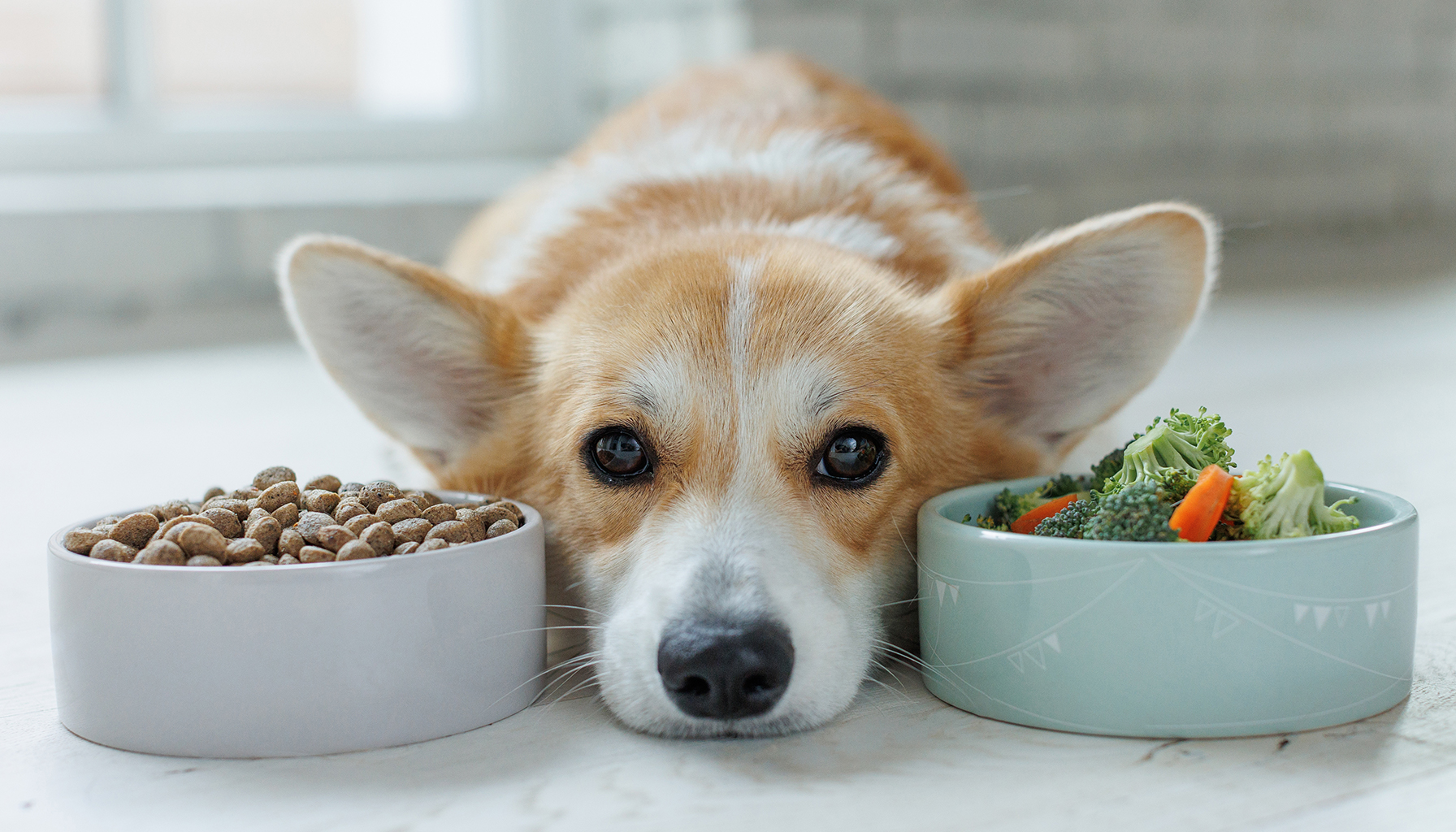Home>Health & Wellness>Nutrition & Diet>Specialized Diets>Navigating a Canine Cushing’s Diet: Holistic Strategies for Your Dog’s Health


Specialized Diets
Navigating a Canine Cushing’s Diet: Holistic Strategies for Your Dog’s Health
Published: November 22, 2023
Struggling to manage your dog's Cushing's disease? This blog post will provide you with holistic strategies and dietary adjustments that could help improve your pup's health.
(Many of the links in this article redirect to a specific reviewed product. Your purchase of these products through affiliate links helps to generate commission for Pawsomeoldies.com, at no extra cost. Learn more)
Cushing’s disease in dogs, a condition where the adrenal glands produce too much cortisol, can be challenging for pet owners. Managing this condition effectively often requires a multifaceted approach, including dietary adjustments, supplements, and natural remedies. This blog post explores practical and holistic strategies to help manage your dog’s Cushing’s disease.
Understanding the Importance of Diet in Canine Cushing’s Disease
The diet for a dog with Cushing’s should be carefully considered. There’s no one-size-fits-all diet, but generally, it should be:
- Formulated for Adults: Adhering to the Association of American Feed Control Officials’ recommendations for adult maintenance.
- Low in Fat, Moderate in Fiber: Ideal for dogs with excess body fat due to Cushing’s.
- Contains Highly Digestible Protein: Sources like egg whites and muscle meats.
- Low in Sodium: To manage hypertension, if present.
Supplements to Support Dogs with Cushing’s
Although a balanced diet is often sufficient, certain supplements can provide additional benefits:
- Glandular Supplements: These can help manage adrenal function in dogs.
- Melatonin and Lignans: Regulate hormones and maintain coat health.
- Phosphatidylserine: Derived from lecithin, it may help reduce cortisol levels naturally.
Chinese and Western Herbs for Cushing’s Management
Herbal remedies can also play a role in managing Cushing’s in dogs. Some recommended herbs include:
- Chinese Herbs: Rehmannia, Ophiopogon Powder, Liver Happy, Si Miao San, Eight Treasures, Liu Wei Di Huang Wan, Gingko Biloba.
- Western Herbs: Dandelion root, Burdock root, Garlic, Nettle, Siberian ginseng, Kelp, Ashwaganda root, Holy Basil leaf, Turmeric, Bacopa, Astragalus, Milk thistle, Blessed thistle, Chaste tree berry, Prickly ash bark.
The Role of Antioxidants and Other Herbs
Antioxidants like Vitamin E, Vitamin C, and Selenium can protect cells from injury due to high cortisol levels. Additionally, herbs like Ginkgo Biloba and Valerian can help reduce cortisol production and manage anxiety.
Acupuncture as an Adjunct Therapy
Acupuncture, known for regulating the endocrine system and reducing inflammation, can be a useful adjunct therapy for dogs with Cushing’s. It can be particularly effective once the dog’s condition stabilizes, requiring treatments every two months or so.
Balancing Diet, Supplements, and Holistic Treatments
When managing Cushing’s disease in dogs, the key is balance. A combination of a tailored diet, appropriate supplements, and holistic treatments like herbs and acupuncture can make a significant difference in your dog’s quality of life.
Seeking Veterinary Advice
It’s crucial to consult with your veterinarian before making any changes to your dog’s diet or treatment plan. They can provide personalized recommendations based on your dog’s specific needs and health status.
Embracing a Comprehensive Approach to Canine Health
Managing Cushing’s disease in dogs is about embracing a comprehensive approach that includes diet, supplements, herbal remedies, and other holistic treatments. By understanding and implementing these strategies, you can help your furry friend lead a happier, healthier life despite Cushing’s diagnosis. Remember, each step you take in caring for your dog’s health is a step towards a more comfortable and enjoyable life for your beloved pet.
